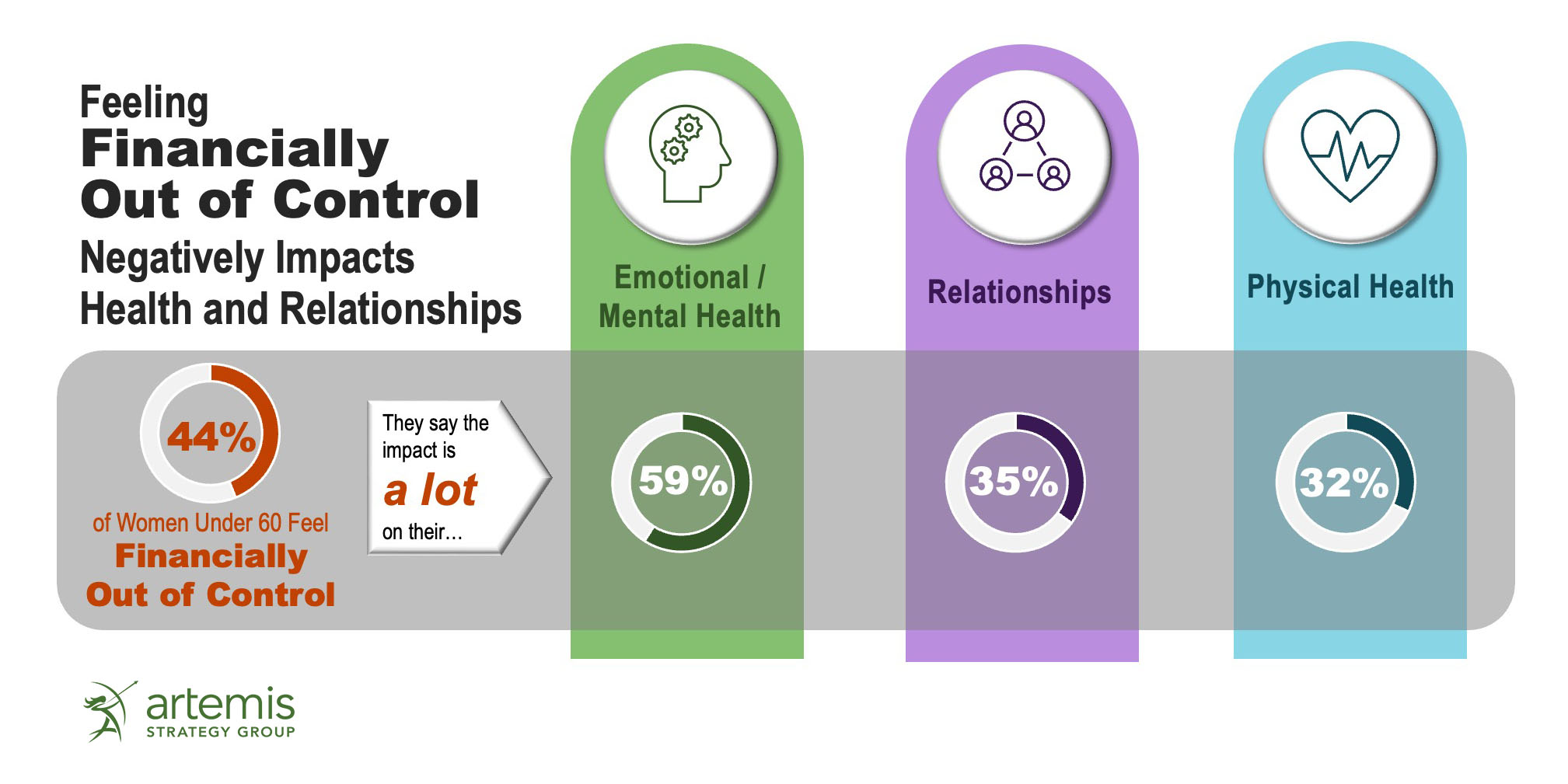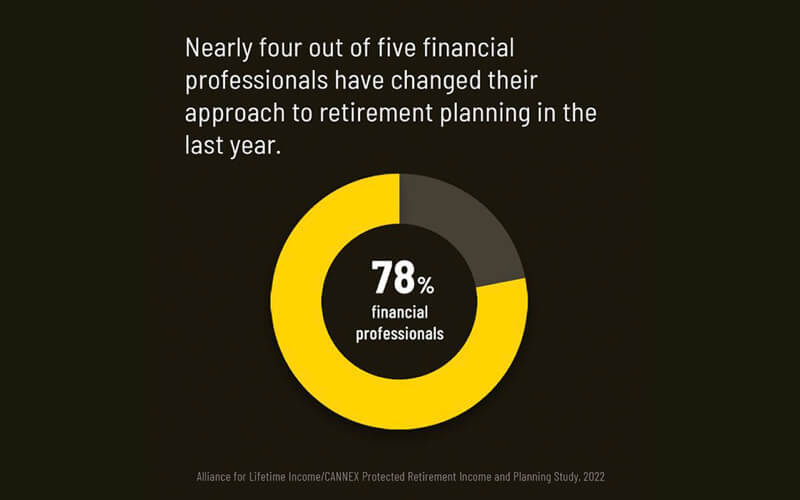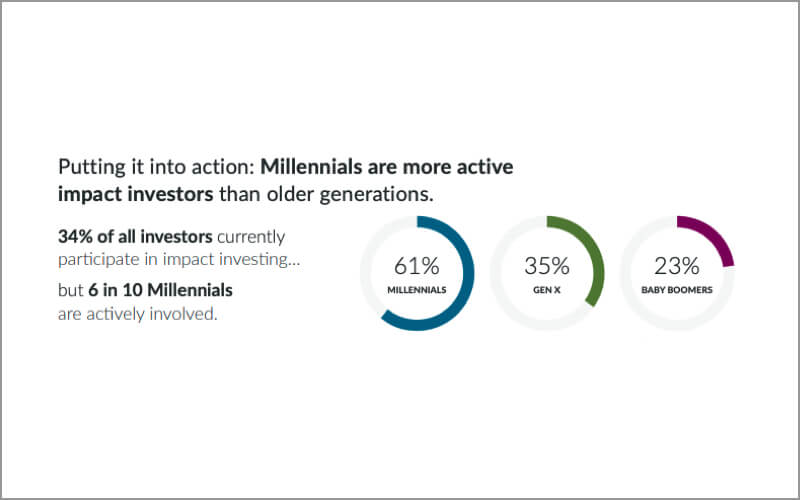Today we released compelling new findings from our 2024 Life Priorities Assessment Study, a comprehensive exploration of American outlooks across nine life aspects, covering health, family, work, relationships, finance and more. This analysis reveals how recent events have disproportionately affected women in their prime working and childbearing years — especially within Generations X, Y and Z.
The study identifies a large segment of the population that is struggling or “just getting by” on key indicators of well-being (mind, body and wealth). Younger women are disproportionately represented in these groups.
Nearly two-thirds of women under 60 face financial challenges, including difficulty finding a well-paying job with good benefits, affordable food, housing, healthcare and childcare. More than half have faced mental or physical health challenges in the past year, creating a cycle where financial, physical and mental health challenges often compound each other. This may explain why fewer than half of women in these prime years feel they are meeting or close to meeting their overall personal goals.
“We expected that the major legal and policy victories of the 1960s and 1970s aimed at addressing gender inequality would pave the way for younger generations of women to achieve wage parity and attain other positive wealth and improved health outcomes,” said Anne Aldrich, Partner of Artemis Strategy Group. “But our research indicates a substantial lag on those measures.”
Boomer women, by comparison, are faring far better than younger women in financial and emotional health, with outcomes comparable to their male counterparts. However, there is a bigger gender gap in wellness among younger generations.
Women’s Life Priorities: What Matters Most?
Women report feeling most successful about meeting their goals related to family, home and relationships. Women under 60 struggle with financial security and job/or career satisfaction, especially compared to men. Many younger women report a loss of financial control due to rising costs and insufficient financial preparation. This loss of financial control negatively affects women’s emotional health, personal relationships and physical health. Among the 44% of women under 60 who feel out of control financially:
- 59% say it impacts their emotional health a lot
- 35% say it impacts their relationships a lot
- 32% say it impacts their physical health a lot
Caregiving, a role most women take on at some point, adds pride and pressure. When women simultaneously care for young children and aging parents (the “sandwich years”) caregiving often intensifies financial, physical and emotional health. Among the 56% of women who are currently caregivers:
- Six in 10 say caregiving has hurt them financially
- Half have been held back in their career because of these responsibilities
- Two in three women feel caregiving is an emotional and/or physical strain or stressor
- Two-thirds would spend more time doing it if they could afford it
Despite this, nearly all feel a sense of pride, purpose and/or joy from caregiving.
“We believe the combination of economic turmoil from the Great Recession and COVID-19 and the social upheaval exacerbated by recent restrictions on reproductive rights has played a role in these findings,” said Aldrich. “These events have disproportionately affected Gen Z, Gen Y and Gen X women who are in their prime working and childbearing ages.”
The study identifies several factors that would contribute to a greater sense of financial control for younger women: increased savings, better access to affordable essentials like childcare and improved financial education. For specifics, review slide 15 in the complete analysis report [PDF].
Methodology
We conducted the 2024 Life Priorities Assessment Study in June 2024 among 2,347 U.S. adults age 18+. Overall demographic targets set for age within gender, race and ethnicity, registered voter party and income to obtain a sample reflective of the U.S. adult population based on Census data.
Earlier this year, we released preliminary findings from this study. We developed our new Mind-Body-Wallet Index based on the key early insight that financial, physical and emotional health are inextricably connected. Stay tuned for more analysis.



